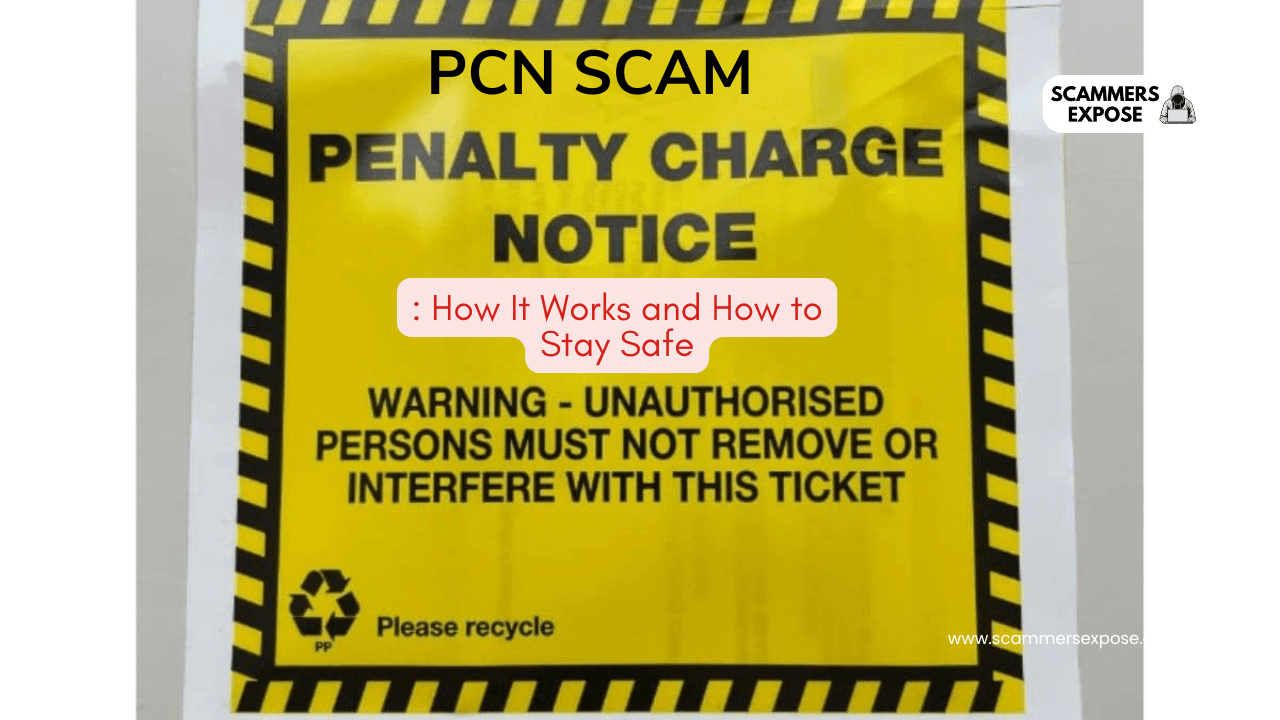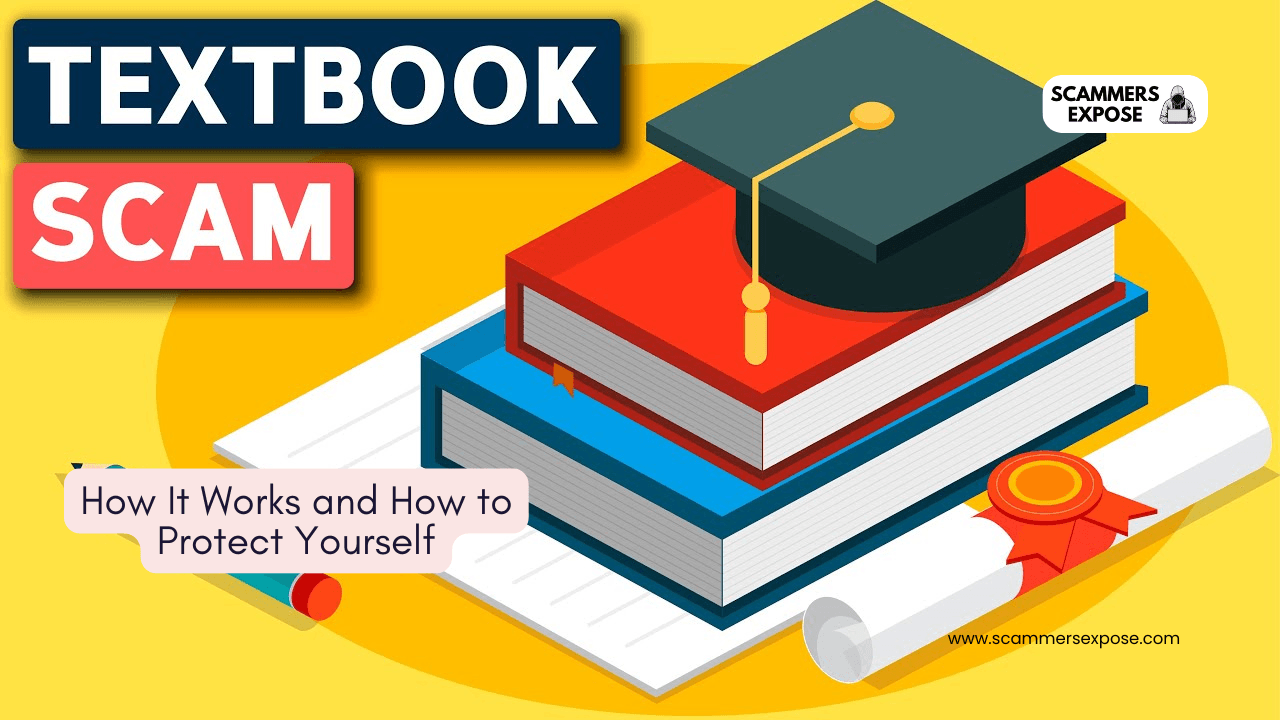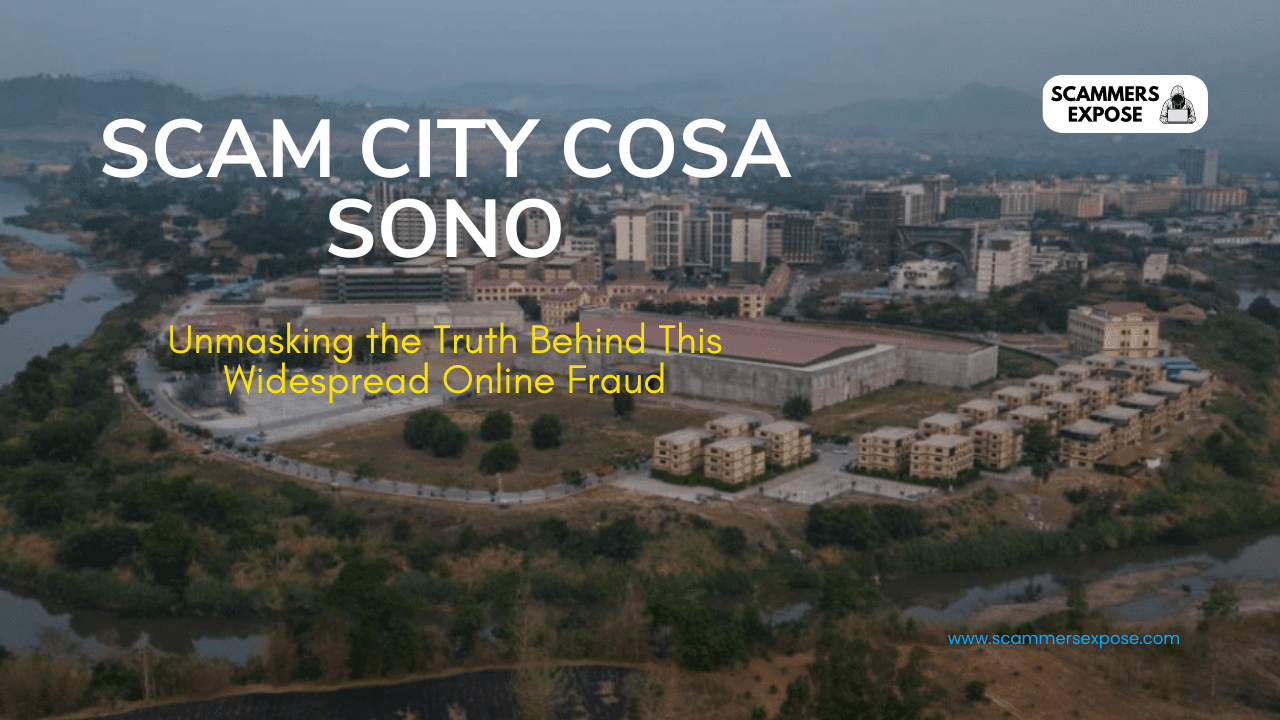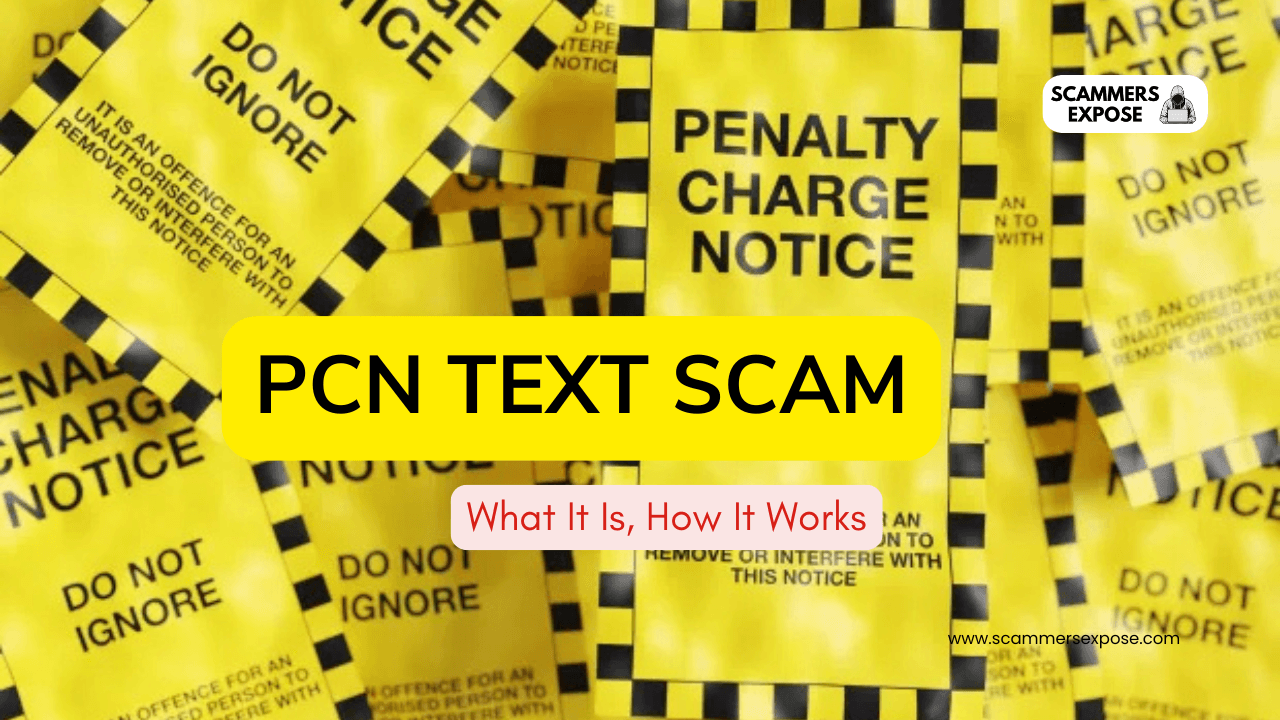NC Toll Invoice Scam: If you’ve received a suspicious email or text message claiming you owe money for a North Carolina toll, you’re not alone. The NC toll invoice scam is on the rise, targeting residents and out-of-state drivers alike. This post will break down what this scam is, how it works, red flags to look for, and how you can protect yourself from becoming a victim.
What Is the NC Toll Invoice Scam?
The NC toll invoice scam is a phishing scam where criminals impersonate the North Carolina Turnpike Authority or NC Quick Pass. Victims receive fraudulent messages via email or text that claim they owe a toll fee. The messages often contain urgent language and a link to “pay now.”
These scams are designed to:
- Steal your personal information
- Trick you into downloading malware
- Collect credit card or bank account details
Although they look official, these messages are not from a legitimate government agency.
How the NC Toll Invoice Scam Works: Step-by-Step
Scammers use sophisticated tactics to make their messages look legitimate. Here’s a breakdown of how the NC toll invoice scam typically unfolds:
- Initial Contact
- You receive a text or email that appears to be from NC Quick Pass or a similar toll service.
- It claims you owe a fee for using a toll road.
- Urgency and Threats
- The message may say your account is overdue or that you could face late fees or legal action.
- Example: “NC Toll Invoice: Your account is past due. Pay now to avoid penalties.”
- Clicking the Link
- You’re directed to a fake payment website.
- The site may closely mimic the official NC Quick Pass site but is actually controlled by scammers.
- Data Harvesting
- You may be asked to enter sensitive information: name, address, credit card number, even your Social Security number.
- In some cases, the link installs malware that monitors your activity or steals stored data.
- Financial or Identity Theft
- Scammers use your information for fraud, unauthorized purchases, or identity theft.
Red Flags and Warning Signs
It can be difficult to tell a scam from a legitimate notice, but here are some telltale signs:
- Unexpected message about a toll you don’t remember using
- Urgent or threatening language (e.g., “Pay immediately or face penalties”)
- Suspicious links or URLs, often misspelled or not related to “ncquickpass.com”
- Requests for sensitive data, like Social Security or bank info
- Generic greetings like “Dear Customer” instead of your name
- Typos or grammar mistakes in the message
If any of these red flags are present, do not click the link or provide information.
Realistic Victim Stories (Anonymized)
Jane from Raleigh: “I got a text saying I owed $8.67 for a toll. I don’t drive toll roads often, but I thought maybe I had unknowingly passed one. I clicked the link, filled in my credit card info, and forgot about it. Two days later, $250 in unauthorized charges showed up on my statement.”
Michael from Charlotte: “The email looked so real. It had the NC Quick Pass logo and everything. But something felt off. I googled the ‘nc toll invoice scam’ and found out it was a phishing attack. I’m glad I didn’t enter my info.”
How to Protect Yourself from the NC Toll Invoice Scam
Here are practical steps you can take to avoid falling victim:
1. Verify Before You Click
- If you receive a toll notice, go directly to the official NC Quick Pass website: www.ncquickpass.com
- Do not click links in unsolicited messages.
2. Enable Multi-Factor Authentication (MFA)
- Use MFA for your online accounts to reduce the risk of unauthorized access.
3. Keep Your Devices Updated
- Install updates and security patches regularly to protect against malware.
4. Use a Password Manager
- Helps you generate strong passwords and alerts you if a site is suspicious.
5. Monitor Your Bank and Credit Statements
- Look for unusual or unauthorized charges. Report them immediately.
6. Report Suspicious Messages
- Help protect others by reporting scams to the appropriate authorities.
Where and How to Report the NC Toll Invoice Scam
If you’ve received a suspicious toll invoice message or fallen victim to the scam, report it immediately:
- Federal Trade Commission (FTC): www.reportfraud.ftc.gov
- North Carolina Attorney General: ncdoj.gov/complaint
- NC Quick Pass: www.ncquickpass.com (Use their contact form to report scams)
- Local Law Enforcement: File a report for identity theft or fraud.
Final Thoughts: Stay Informed, Stay Safe
The NC toll invoice scam is just one of many sophisticated phishing attacks targeting everyday people. Scammers are betting on fear, urgency, and confusion to trick you. But now that you know how the scam works, what to look for, and how to protect yourself, you’re better equipped to stay safe.
Help Us Spread the Word
If you found this post helpful, please share it with friends, family, or coworkers. Awareness is one of the best tools we have against scammers. You never know who might be the next target.
Have a story to share? Leave a comment or contact us at Scammers Expose. Together, we can fight back against fraud.
Visit our news section to stay updated with the latest developments in the case. For more insights into financial fraud and investor protection, visit Scammers Expose.










Leave a Reply